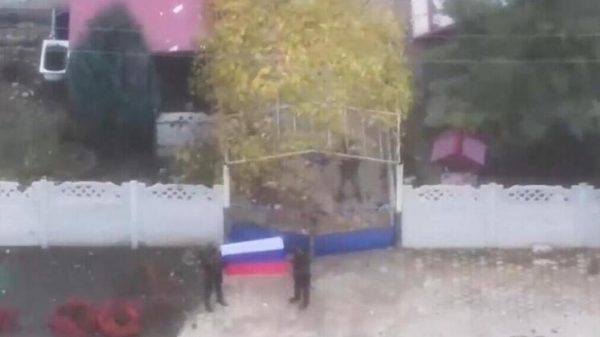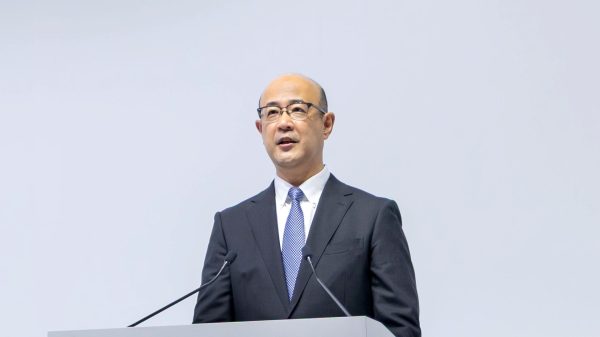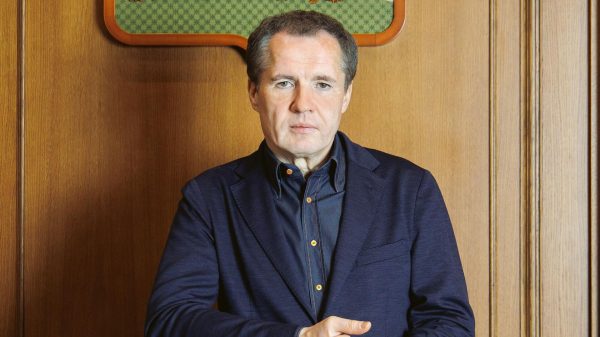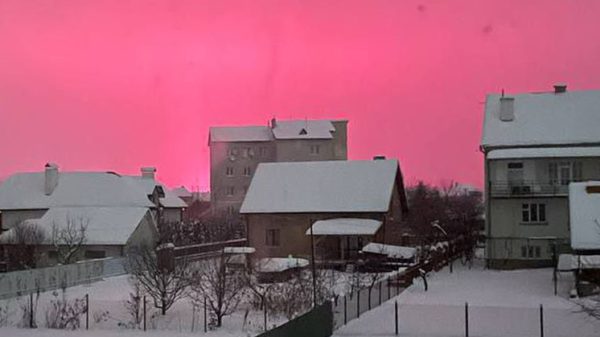 Dave Kitson, who wanted to become a travel writer, set out to get locals to play football on Nauru. Photo: Paul Grover for Telegraph
Dave Kitson, who wanted to become a travel writer, set out to get locals to play football on Nauru. Photo: Paul Grover for Telegraph
Dave Kitson is about to embark on a somewhat unexpected football journey. In July, the former Reading, Stoke and Oxford striker travels to one of the most isolated places on earth: the tiny Micronesian nation of Nauru. His role: to get locals to play football. Which, given that there's only one quarter-size field on the island and nearly the entire landscape has been terribly damaged by phosphate mining for a generation, it's likely to be a tall order. Not to mention, 70 percent of the 12,000 residents are clinically obese and more than 40 percent of them have type 2 diabetes. Nauru lags behind American Samoa in terms of national obesity rates, according to the Global Obesity Observatory.
“Nobody said this would be easy,” he tells Telegraph Sport in the lounge of a central London hotel. , a location that is as far from a rocky outcrop in the Pacific Ocean as you can get. be. “They asked me to manage the national team in their first few games. The problem is that I live in Reading. Let's just say it's not an easy ride.»
Actually this is not true. If you are flying through Australia, the journey there may take more than 24 hours. That is if you manage to connect to one of the irregular services on site. But in some ways that makes the idea even more attractive to Kitson, given that he has long harbored the most unusual ambitions for a footballer.
“I always wanted to be a travel writer,” the 44-year-old . says the one-year-old. «Well, it was more about how I could travel around the world on someone else's ticket.»
His interest, he says, began as a child, and his father took the family on extensive mystery tours throughout Europe. He loved the sights, the sounds, the feeling of not knowing where you might end up the next day. When he became a professional footballer, the opportunity to indulge his wanderlust disappeared. So he passed the time in hotel rooms at away games on his laptop, reading about other people's adventures.
“I was obsessed with North Korea,” he recalls. “And one day I read an article about it by a writer named Gavin Johnson. At the end of the article he left his contact information. I contacted him and he turned out to be a big football fan.»
They continued to communicate, Johnson keeping him updated on his travels and how he founded a football club in Cambodia.
“Then he called me and said he was invited. bring football to Nauru, and essentially wondered if I wanted to be some sort of PR person. I said I'm not interested in just being like that. If I was going to intervene, it would be right.”
And so he finds himself heading into a place that could properly be called the wilderness. He is fully aware of what he is likely to face when he arrives.
“This is not the Seychelles,” he says. “Essentially, this is an open pit.”
 Kitson playing for Reading in the Premier League in 2007. Photo: Stu Forster/Getty Images
Kitson playing for Reading in the Premier League in 2007. Photo: Stu Forster/Getty Images
He researched the history of the site, how for several years in the late 20th century it was the epicenter of global phosphate production and its reserves were constantly being excavated. For a brief moment, the value of its output was such that it became the world's second richest economy, with annual income approaching £4 million per capita.
«These stories are just ridiculous,» he says. «How the police chief ordered a Lamborghini, and when it arrived, it was too fat to fit behind the wheel.»
But then, after the last bit of phosphate was removed and the mining machinery was left to rust, the economy collapsed.
“Now there is nothing left of it, all the money is gone, and there is no infrastructure that could prove it,” he says.
The only legacy is a series of health problems. And that's what Kitson hopes to challenge with the advent of football.
«I loved the documentary about the American Samoa football team, it was great,» he says of the film, which follows neighboring island Nauru's attempts to reach the World Championship 2014. “But we’re not going to pretend that we’re going to qualify for tournaments. The point is that this is about what football can do.”
 Kitson holds back Everton's Phil Jagielka (right) while playing for Stoke City in the Premier League in 2008. Photo: Darren Staples/Reuters
Kitson holds back Everton's Phil Jagielka (right) while playing for Stoke City in the Premier League in 2008. Photo: Darren Staples/Reuters
Kitson has long been credited as the author of The Secret Footballer, a brilliant Guardian column and best-selling books that take a skeptical look at football life. Although he always denied being the author, there is no doubt that as a player he stood out in the dressing room. And not just because he's 6-foot-4 and has bright red hair. Rather because of his unusual approach to trading.
“People ask me what I've been missing since I was a player, expecting me to make jokes,” he says. “Well, the banter was something I couldn't handle. I walked into the locker room and thought: I can’t hear this conversation anymore, I’ve been hearing the same thing for the last 10 years. People say: what about the rush to score? Well, in Sunday football I score as quickly as in the Premier League.»
Indeed, for most of his career, he said, he felt uncomfortable.
“I didn’t like losing. I hated these pre-season races. And I had terrible impostor syndrome. I was on the bus going to big clubs and I thought: what the hell am I doing here?
So what's good?
“I tell you: when you win and those 10 minutes in the dressing room after the final whistle, the collective feeling of complete satisfaction for the job done, nothing can beat that. And this cannot be repeated. I really miss it.”
And there is no doubt that he still loves the game. He enjoyed being chairman of non-league club Arleesey Town for three years and loves his job these days coaching youth in Berkshire, not least taking Reading Blue Coat School to the final of the Independent Schools Cup last year .
“What Junge did to Reading is absolutely disgraceful”
He dreams of one day becoming a director of football and wants to structure the club from top to bottom. He believes much of his approach was subconsciously learned during his time at Reading.
“I arrived there in 2003 and every year we built, improved, got better. When we won the championship with 106 points, it was a vindication. You see that it works, progress, the build is bringing positive results.”
His feelings about how to proceed were only strengthened when he saw his old club's current predicament. He writes a column for the Reading Chronicle and doesn't hold back.
«I'll destroy [club owner] Dai Yunge in print every time I get the chance,» he says. “What he did to this football club is absolutely disgraceful. Here's a guy tearing down the place where I made my name.
“When the club is doing well, the city is happier,” he adds. “When things go wrong, you feel it more. I live in Reading and I feel sad here, as if part of the soul has been sucked out of the city. What's happening in Reading is completely contrary to what I think about football.»
And what he really thinks about football, he hopes to put into practice 8,850 miles from the city where he achieved it. success.< /p>
“This is what I want to do in Nauru: build from below, leave something better than what I found.”
He pauses and smiles.
He pauses and smiles.
p>
“Don't count on us getting to the World Cup, though,” he says. “To be honest, I would be surprised if we won the game.”

























































Свежие комментарии